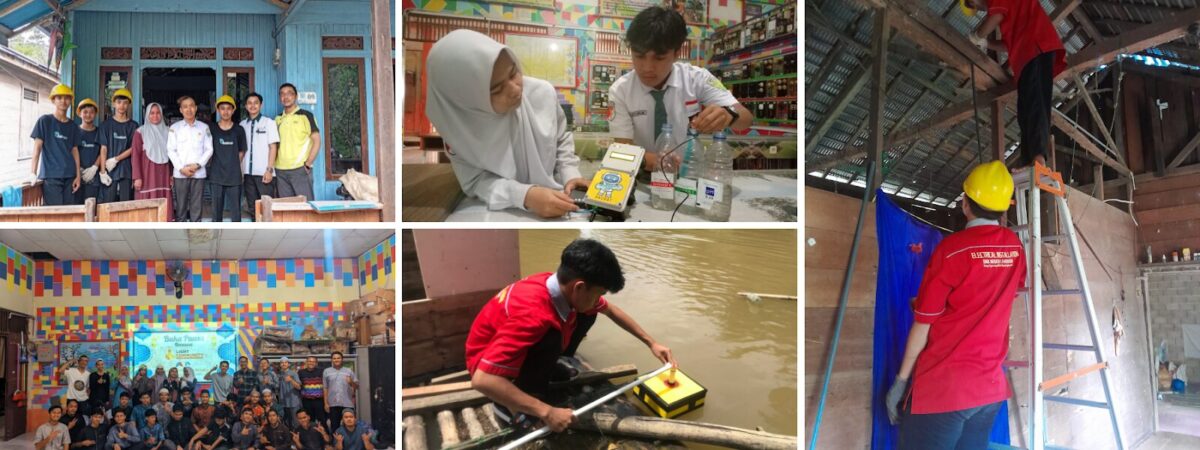
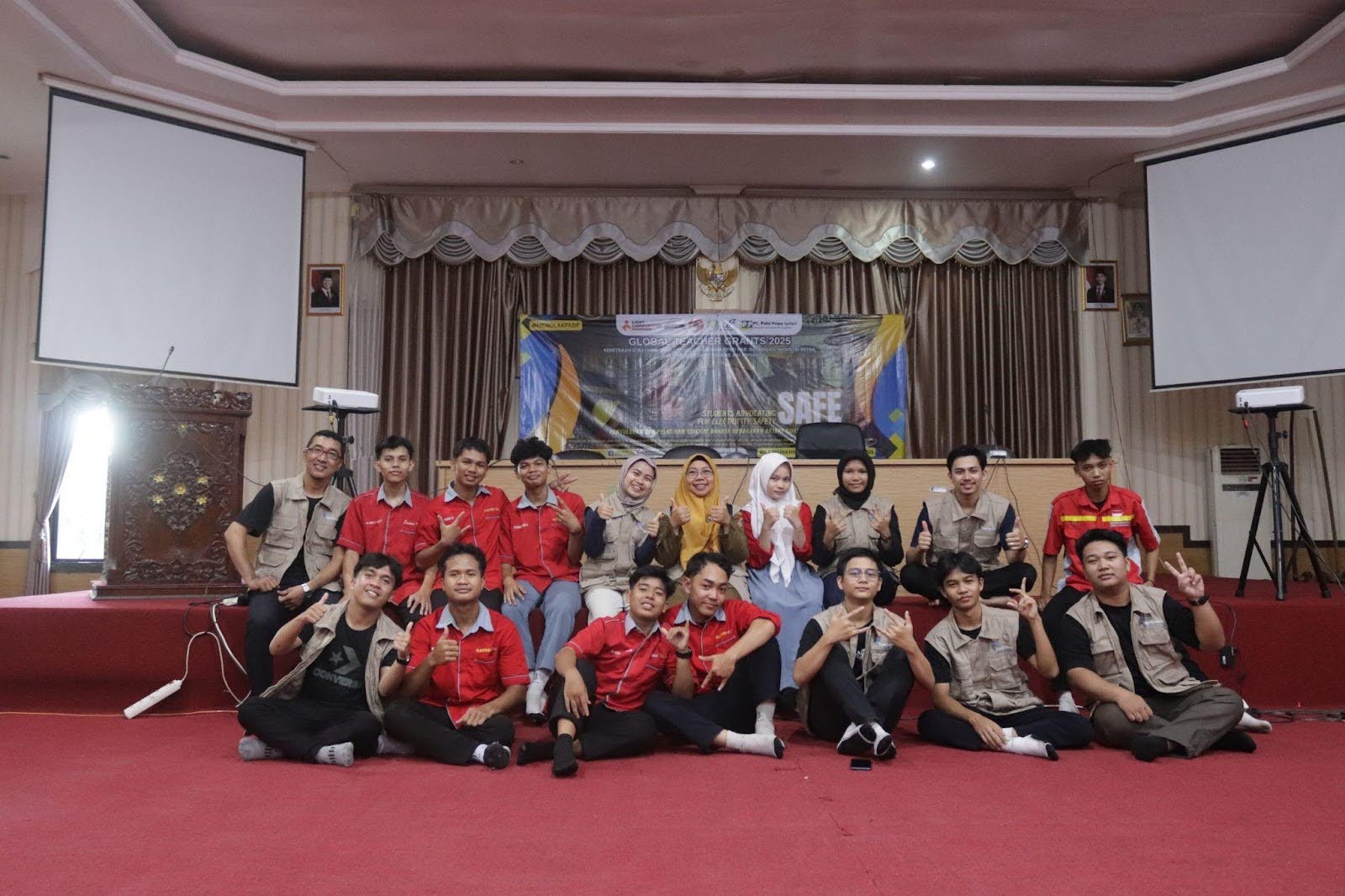
The “Electriciteam” and teachers at a SAFE (Student Advocating for Electricity Safety) event.
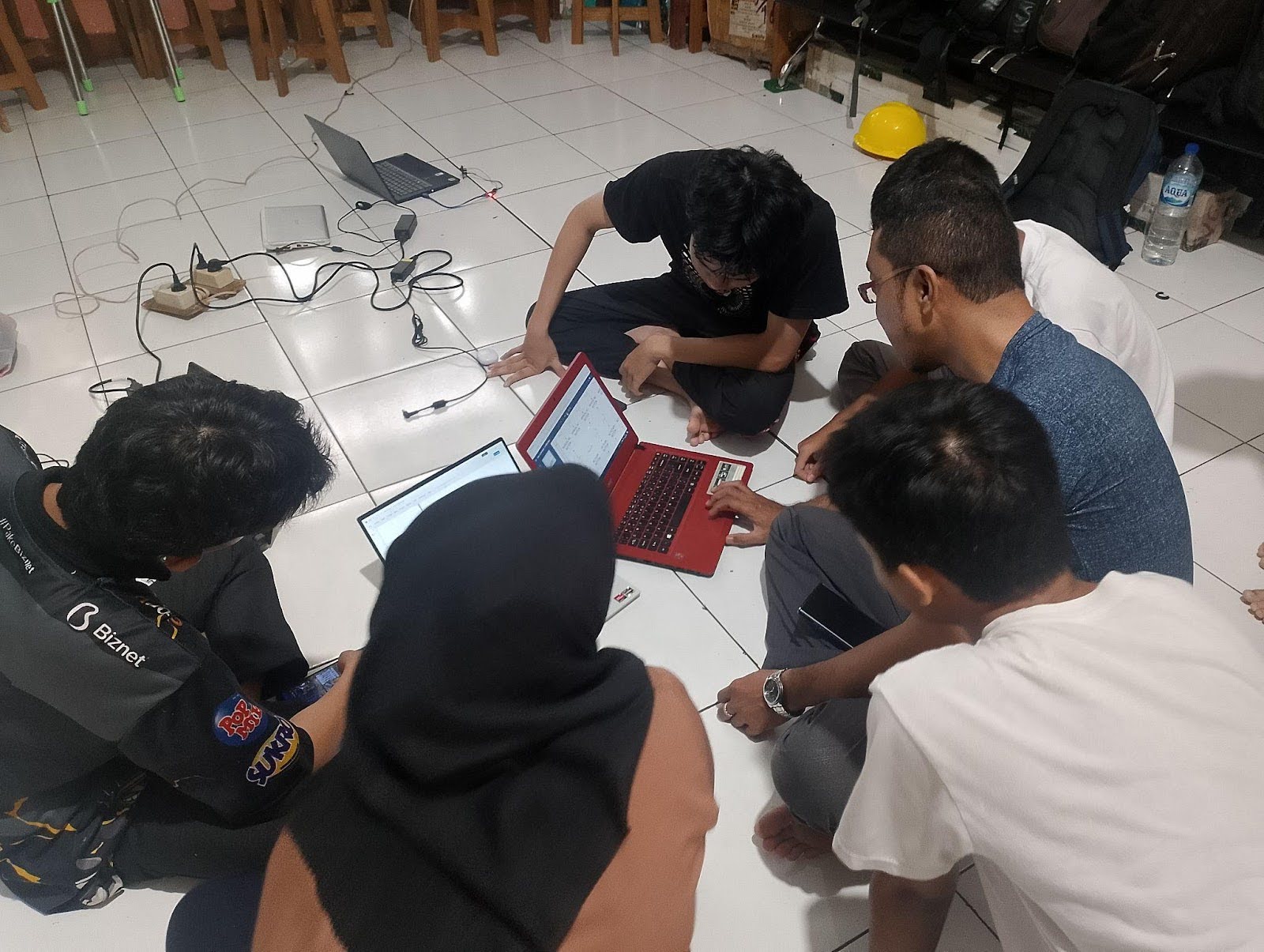
Students and teachers engage in a blended learning model that combines theory with in-person practical work.
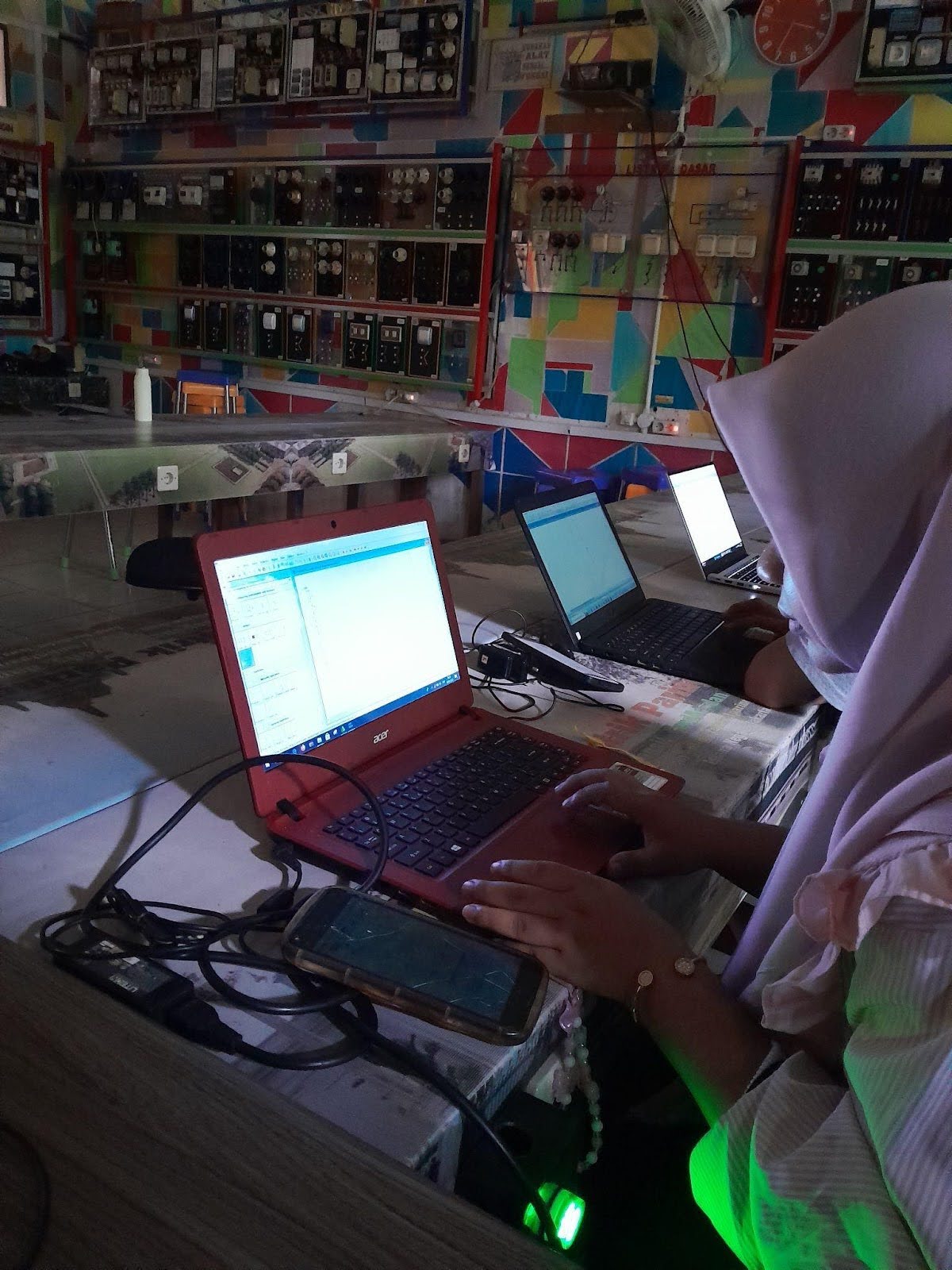
Students and teachers engage in a blended learning model that combines theory with in-person practical work.
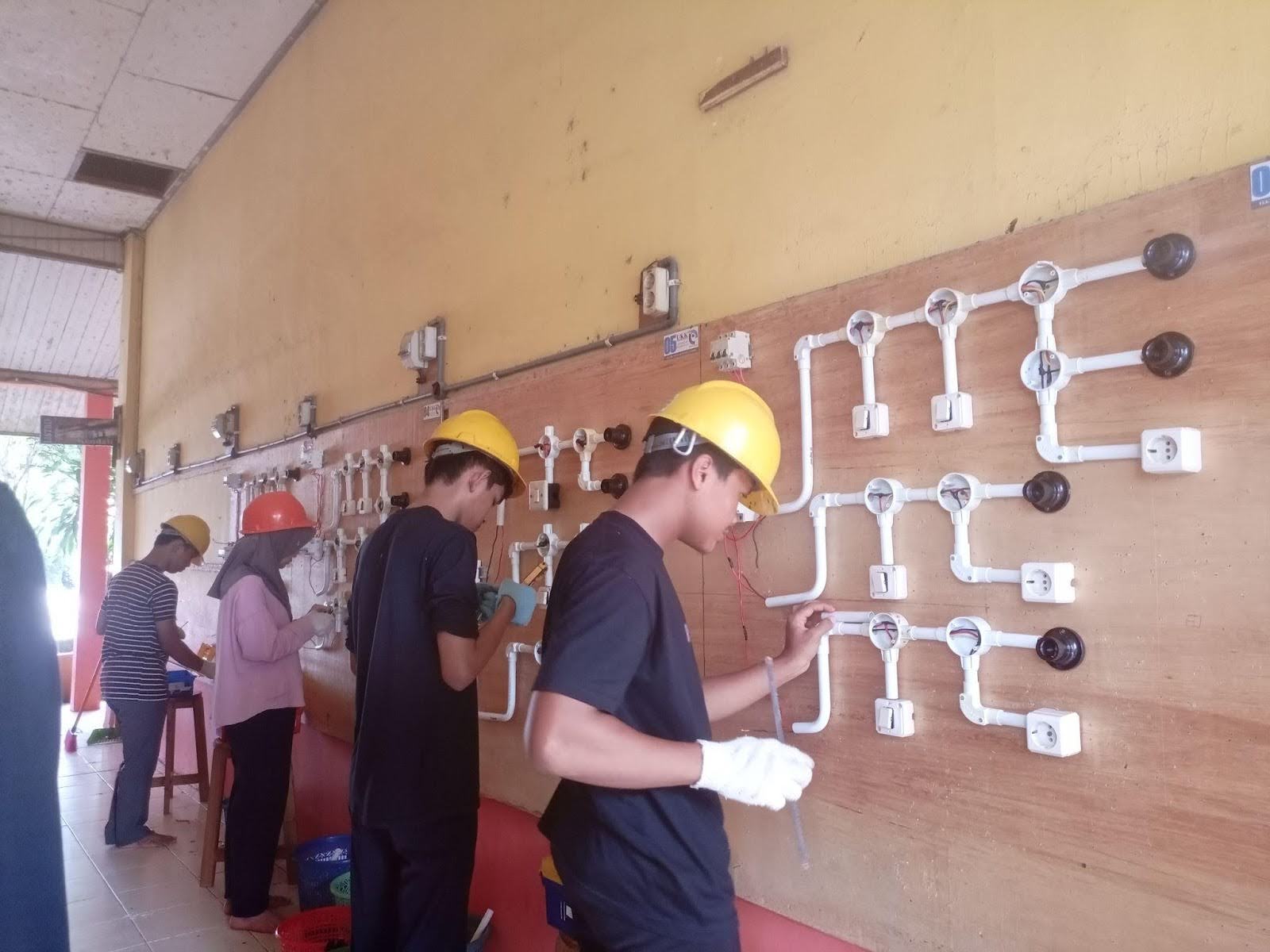
Electrical practice conducted by students during their non-school days is supervised by student leaders and teachers.
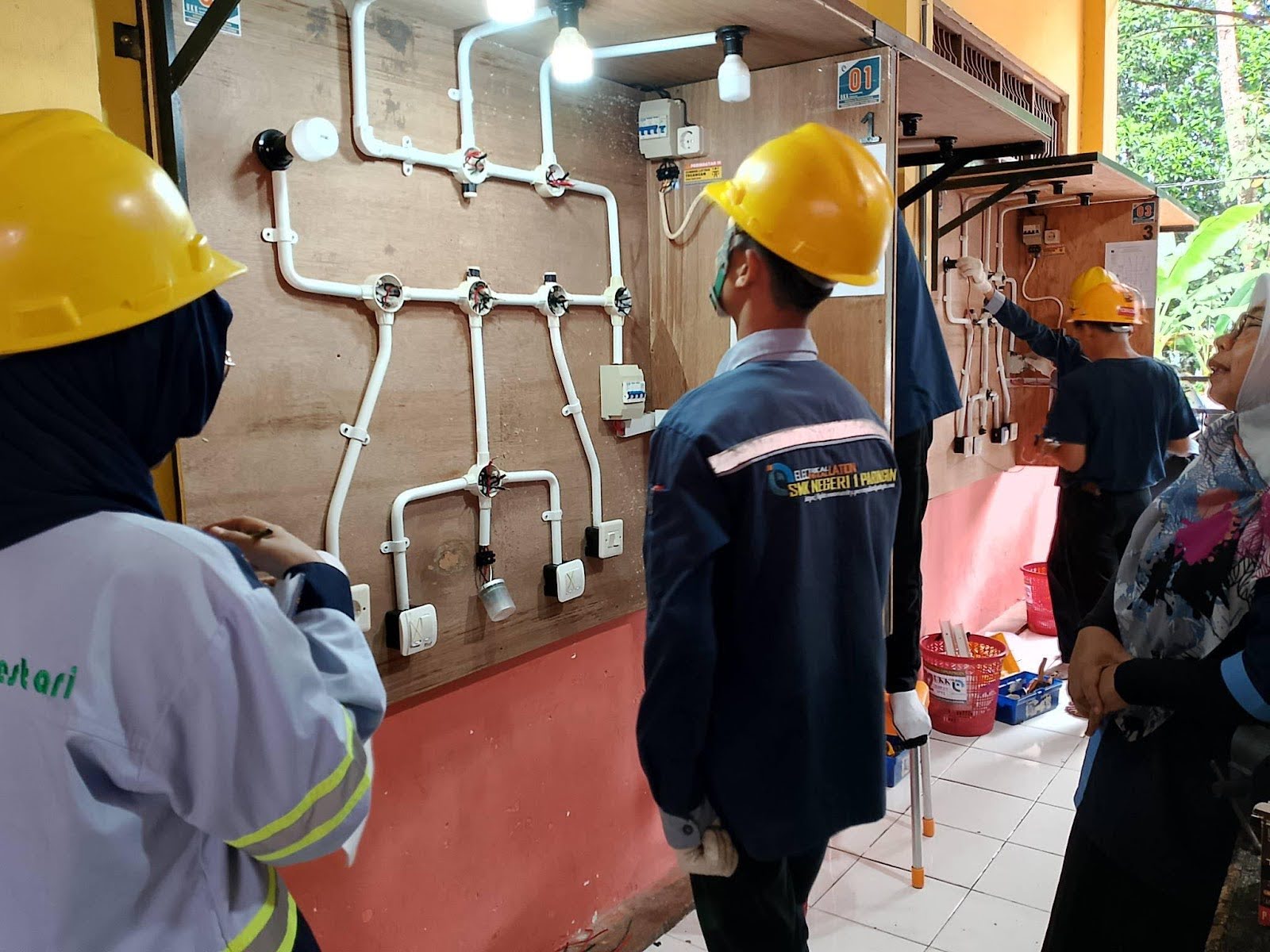
Electrical practice conducted by students during their non-school days is supervised by student leaders and teachers.
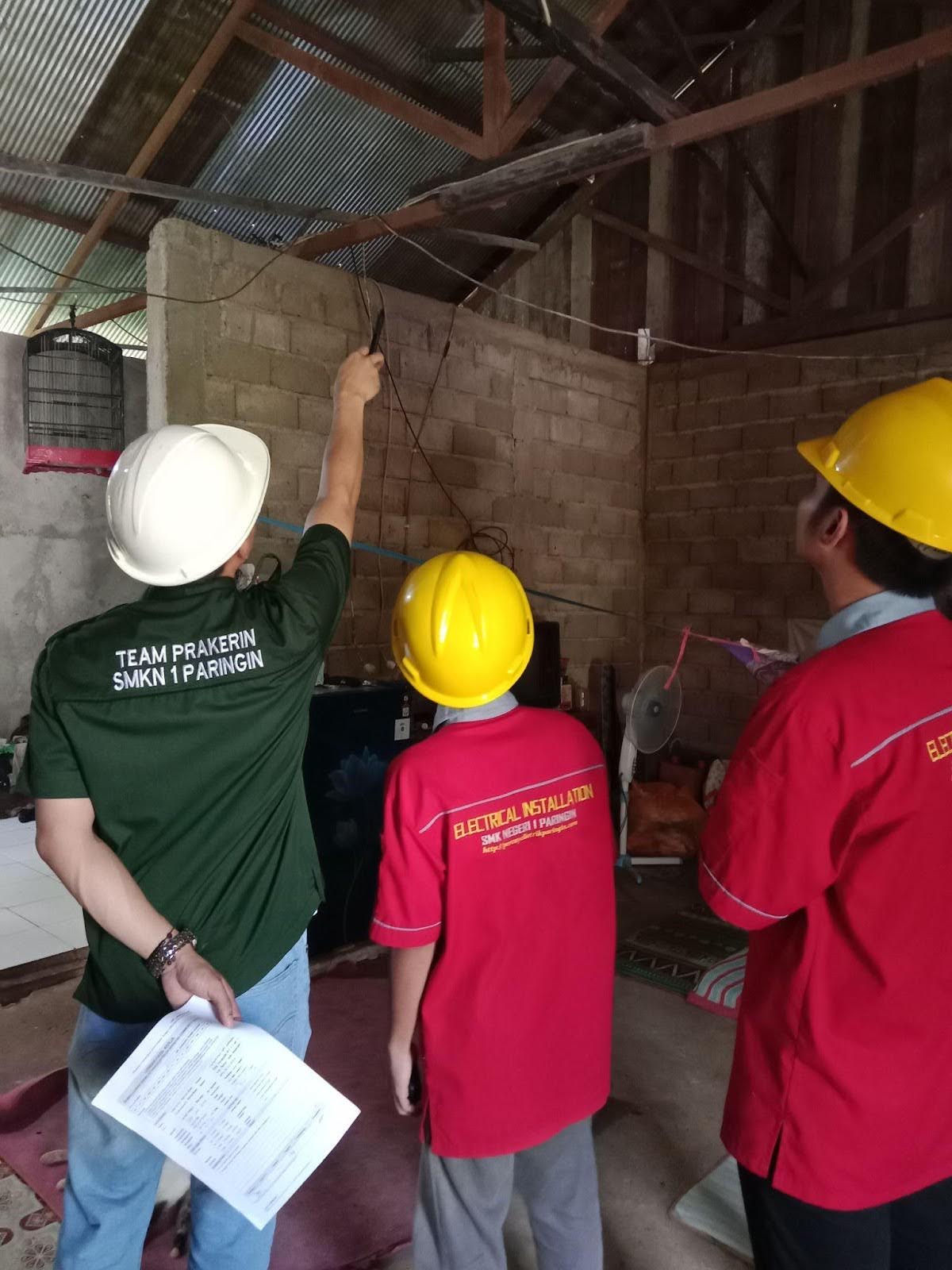
The process of electrical installation repair by students and teachers in residents’ homes.
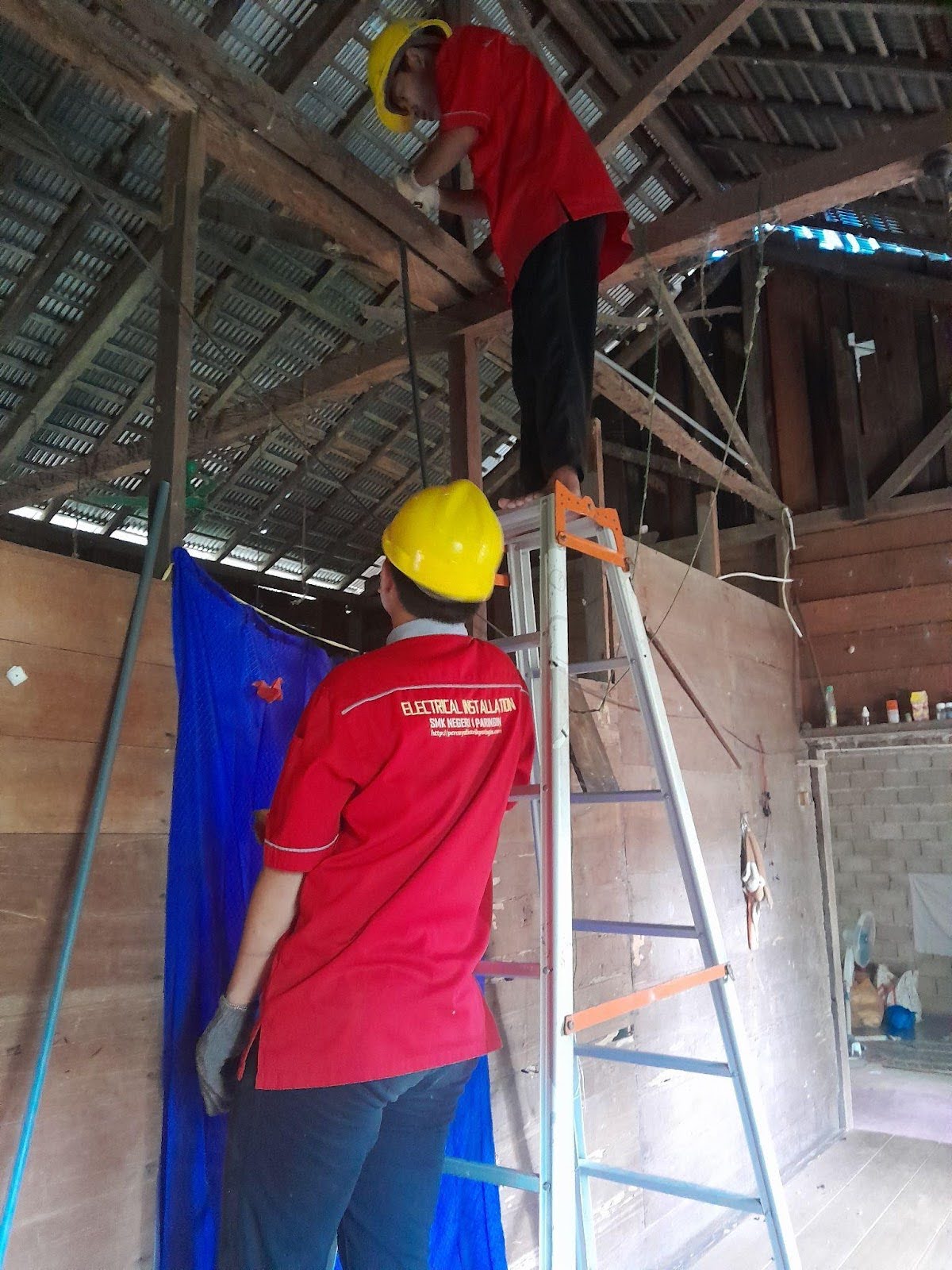
The process of electrical installation repair by students and teachers in residents’ homes.
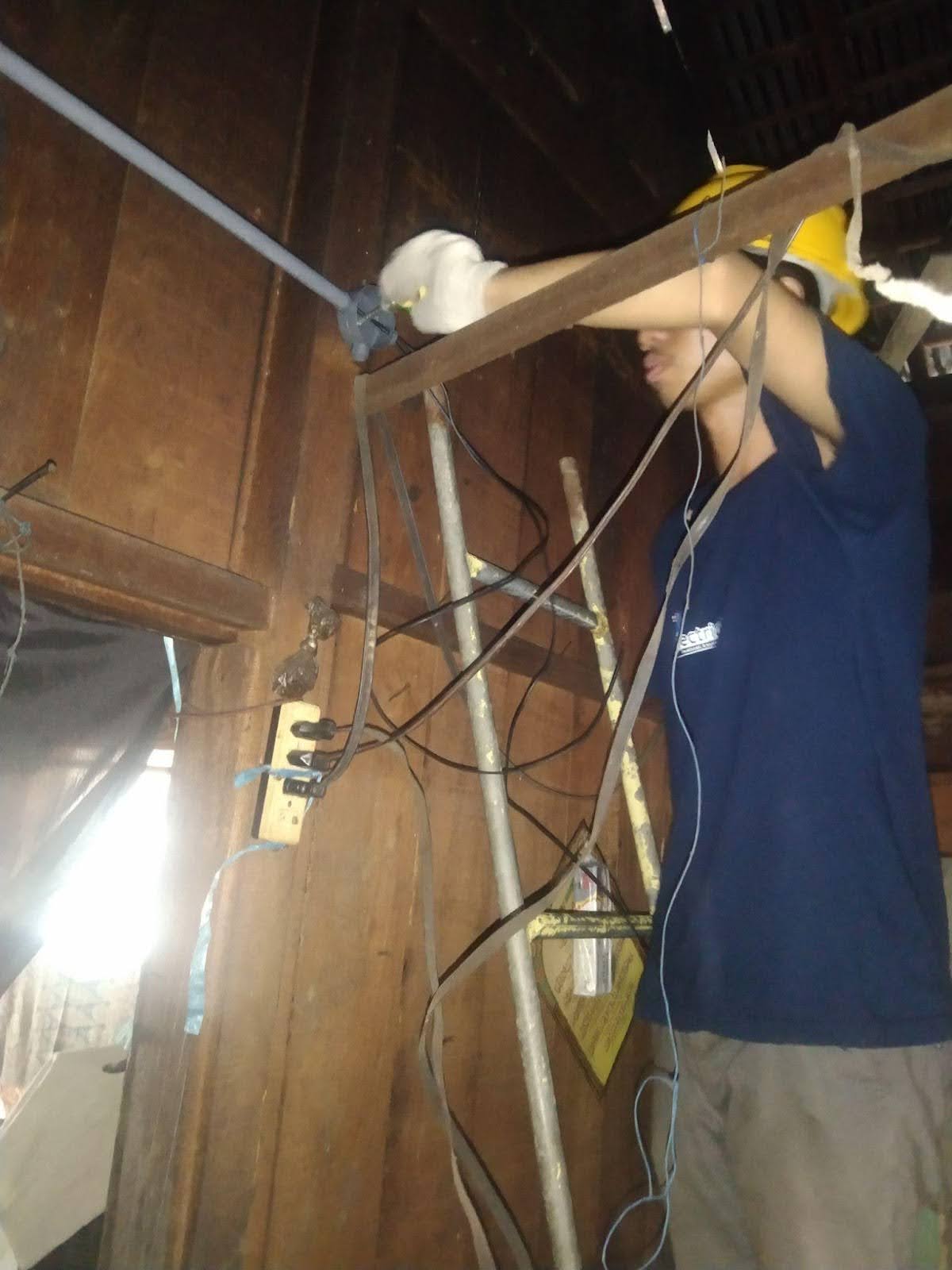
The process of electrical installation repair by students and teachers in residents’ homes.
One such Electriciteam project is AKURAT, recognized in the 2025 Ciena Solution Challenge Awards Program. Students created AKURAT in response to the needs of students and community members who live along the riverbank and rely on river water for bathing, washing, and cooking. Concerned by the health problems caused by polluted water, the students designed AKURAT, a device that detects and monitors water acidity.
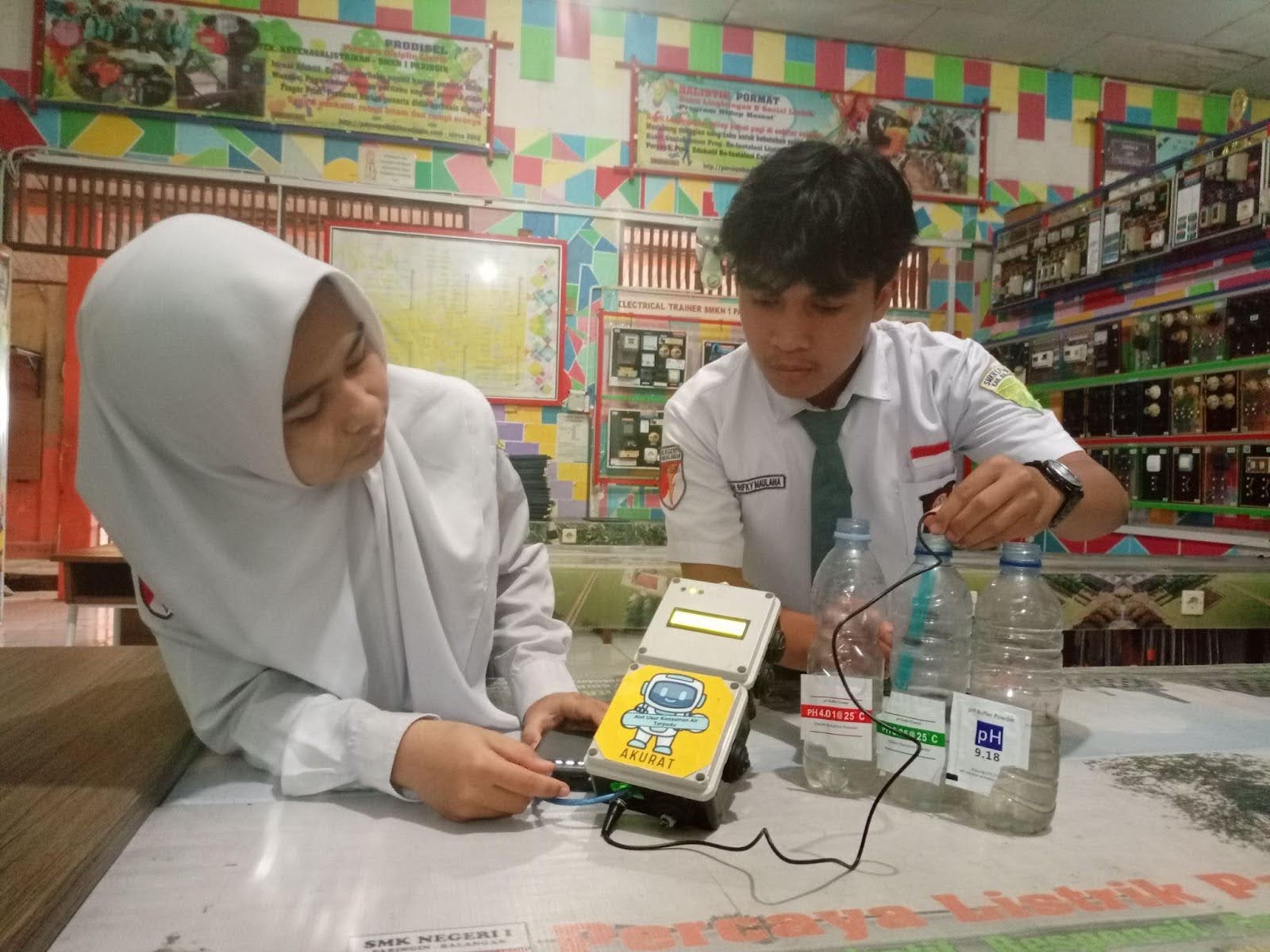
Students are working on the AKURAT project.
Seeing their prototype work for the first time filled the students with joy and excitement, and their hope of making AKURAT a tool for protecting both the environment and community health continues to grow.
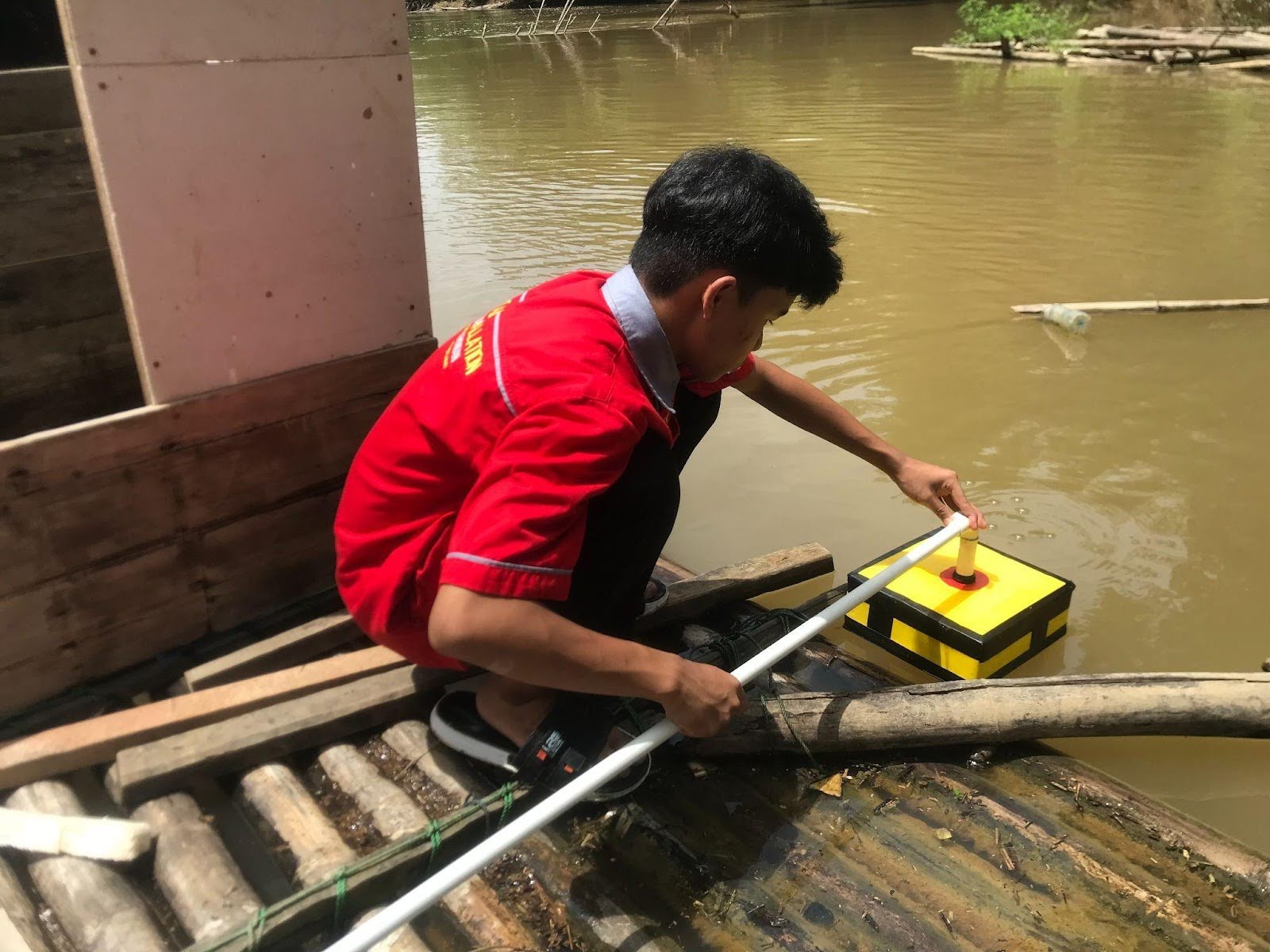
Students are working on the AKURAT project.
The advice we can offer to other teachers includes: Build strong bonds and a sense of community among students. Give them the confidence to express their ideas and provide intensive mentoring. – Suhada Syu
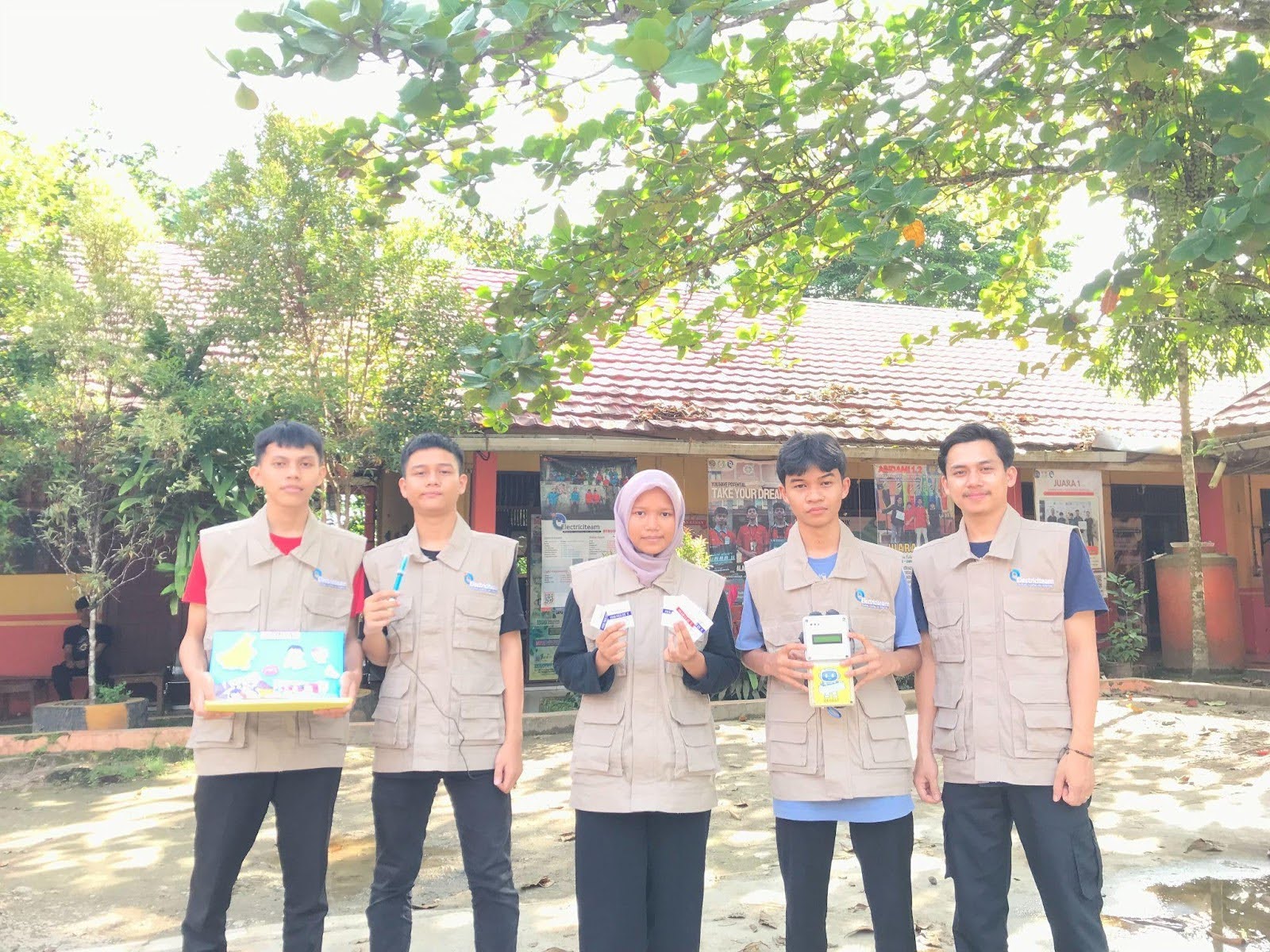
Students and teachers receiving awards for their scientific writing competition entries.
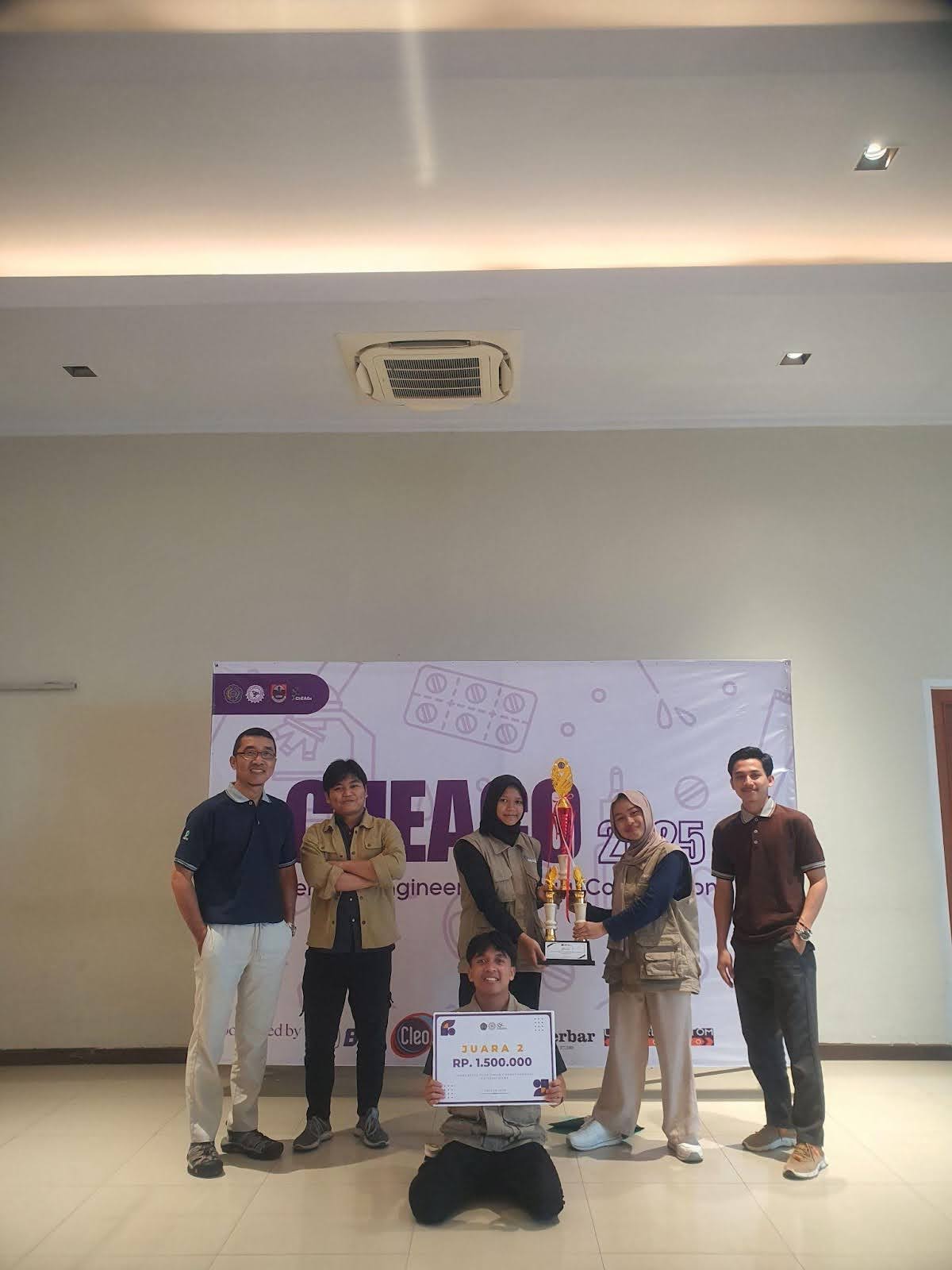
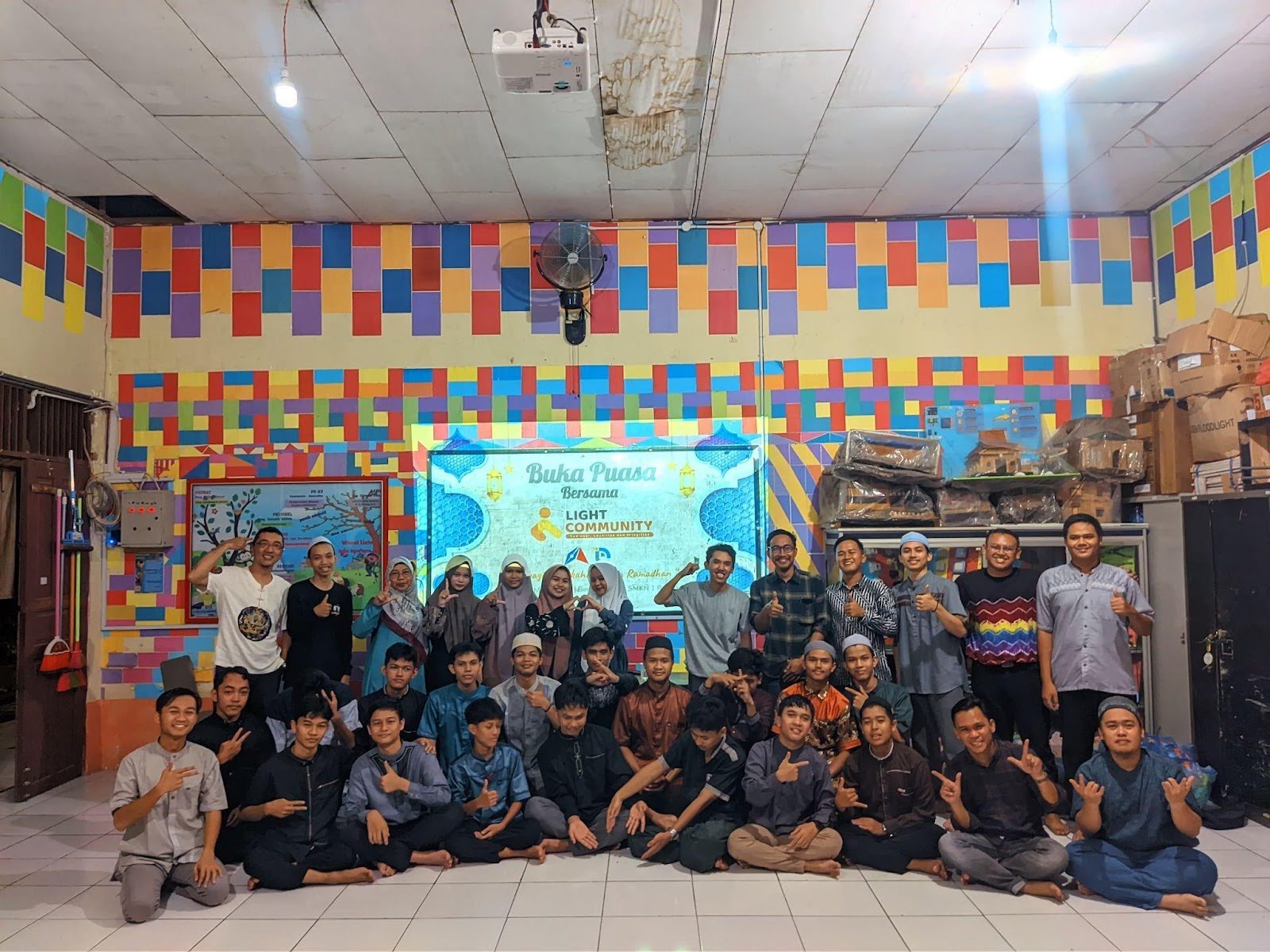
Members and donors of Light Community21 after a sharing event.